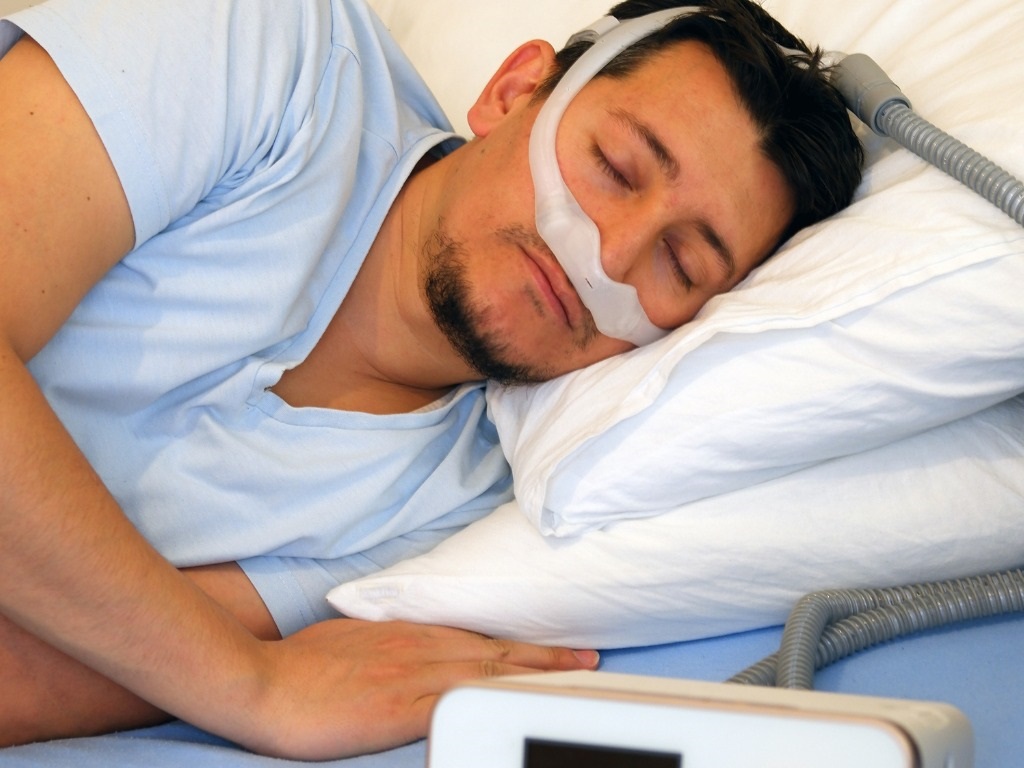DAILY CLEANING
Do not use moisturizing soaps, bleach, scented oils, chlorine, or alcohol-based solutions to clean your supplies. These solutions may cause irritation to your skin and lungs and may reduce the life of your products. Dawn Dish soap or Comparable works best for daily cleaning.
**If you’ve been sick, it’s smart to wash your mask, tubing, humidifier and filter daily until your cold, flu or virus symptoms are gone. That can help reduce the amount of time you spend under the weather.
- Before using your mask -wash your face daily with soap and water to remove excess facial oils.
- Wipe down your mask (including areas that come in contact with your skin) using a damp towel with soap and warm water. This will remove any oils, dead skin cells, and sweat on the mask that can affect the quality of the seal. Gently rinse with a clean towel and let the mask air-dry out of direct sunlight.
- You can also use unscented baby wipes or pre-moistened towels designed specifically for cleaning CPAP masks, which are available on-line. DO NOT USE CLOROX OR DISINFECTING WIPES.
- If your unit has a humidifier, empty any leftover water instead of letting in sit in the unit all day. Refill the humidifier with clean, distilled water right before bedtime for optimal use
WEEKLY (OR MORE FREQUENT) CLEANING
- Your mask and tubing need a full bath at least once a week to keep it free of dust, bacteria, and germs. (During COVID-19 or any other flu/virus we recommend more frequent cleaning)
- Clean the CPAP tubing, nasal mask, and headgear in a bathroom sink filled with warm water and a few drops of ammonia-free, mild dish detergent. Avoid using stronger cleaning products, as they may damage the mask or leave harmful residue. Swirl all parts around for about five minutes, rinse well and let air dry during the day. Hang the tubing over the shower rod, on a towel rack or in the laundry room to ensure all the water drips out.
- The mask and headgear can be air-dried on a towel or hung on a hook or hanger.
- You should also wipe down your CPAP machine with a damp cloth. Ensure the unit is unplugged. The towel shouldn’t be too damp or wet, as water could get into the machine.
- Clean the filter by removing it and rinsing it in warm tap water. Run it under the water and squeeze to make sure there is no dust. Then blot down the filter with a towel.
- Do not wash your machine’s white filter, if one is present—those are disposable and should be replaced every two weeks. If you are recovering from being sick, we recommend changing the filter sooner.
- If your CPAP has a humidifier, that also needs to be cleaned weekly. Empty any remaining water and then wash the water chamber in the sink with warm soapy water. Rinse well and drain out as much of the water as possible. Let the chamber air-dry before placing it back into the CPAP unit.
- Every other week you should disinfect the humidifier. Do that by soaking it in a solution of one-part vinegar to five parts water for 30 minutes, thoroughly rinsing and then placing in your dishwasher’s top rack for washing. And keep it clean by using only distilled water to prevent mineral deposits that can build up and cause damage to your machine.
IMPORTANT TIPS
- Make caring for your CPAP equipment part of your morning routine.
- Keep machine and accessories out of direct sunlight to avoid damaging them.
- Never use bleach to clean accessories.
- Place machine on a level surface and away from curtains that may interfere with the air intake.
- Keep track of when you should order replacement parts for your mask and accessories so that you always get the most out of your CPAP. You can also sign up for Auto Supply by contacting our DME department at [email protected]
**The following are examples of soap that may be used: Johnson & Johnson baby soap, Ivory soap (plain).
With a little upkeep, your CPAP can continue to help you breathe better for a long time. Just a few minutes a day can help keep your CPAP running efficiently for years to come.
If you have a CPAP, but are struggling with compliance, check out our no mask oral appliance, for those with mild to moderate sleep apnea. Call and schedule a consultation with one of our sleep medicine physicians, or ask your doctor about a sleep referral to the Comprehensive Sleep Care Center.

